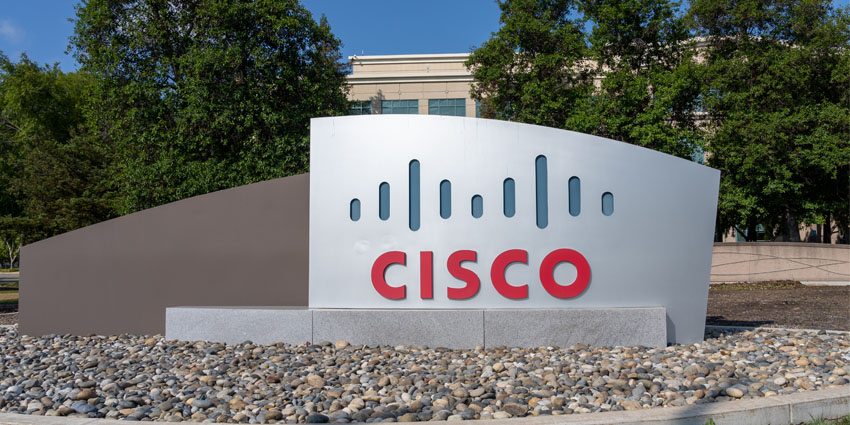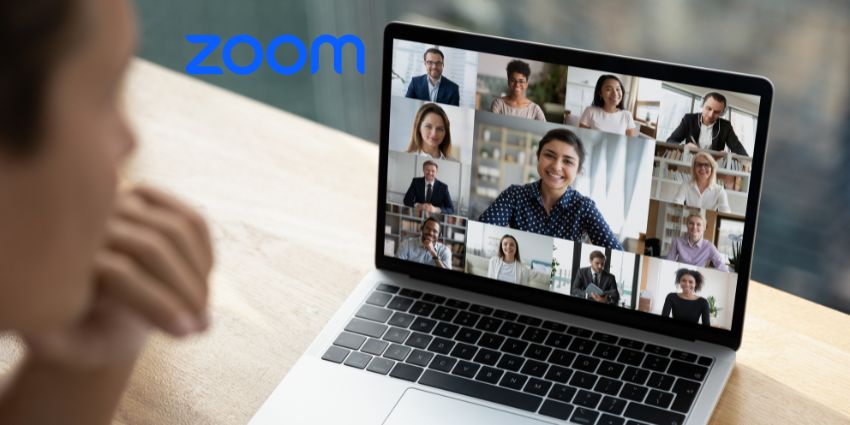In today’s IT landscape, top-notch security is crucial like never before. With hybrid and remote work going strong, there’s much need to create a safer environment, mitigate threats, and protect organisations and employees from cyberattacks.
While the multivendor approach – i.e., choosing different vendors for different security aspects of the business – was traditionally the popular one, the current climate is revealing the compelling benefits of going single-vendor.
In a recent chat with Shaun Redfern, Principal Security Consultant at Symity, an award-winning Microsoft Solutions Partner, we discussed the current state of security: What are the common challenges, and how can Symity help tackle them with the help of the Microsoft Security Suite?
The Benefits of a Multivendor Approach
Redfern shares that his early days in the IT industry were characterised by a multivendor consensus (and, conversely, a single-vendor aversion).
“When I started about 15 years ago, the popular approach was getting a separate web filter provider, email hygiene provider, and endpoint provider,” he says.Back then, Microsoft hadn’t gained its current security reputation, and realising that, they decided to put significant investment into upgrading their solutions.
“Around ten years ago Microsoft started investing heavily in the security space, acquiring security businesses and integrating those components into their security vision,” Redfern notes.“It was about five years ago that they came back with a bang with their unified Defender suite of products, pulling on all the different security stacks into one offering.”
However, it’s important to understand that even though Microsoft’s offering is single vendor, the services it includes are still siloed, whether it’s an endpoint defender, an Office 365 defender, or a cloud defender. The unique thing about all those services, however, is that they all talk to one another.
“The beauty of the Microsoft stack is that they have a holistic view natively, with the keyword here being ‘natively,'” Redfern explains.
“There’s no need to install connectors between the different pieces of software or use multiple portals – It’s all there, in a single pane of glass.”
The ‘Zero Trust’ Model
Especially in the context of remote and hybrid work, Microsoft’s adherence to the ‘zero trust’ model proves particularly beneficial.
Zero trust is a security concept where no user, device, or data stack is trusted. Essentially, it’s up to them to prove they are secure and supposed to be there.
“Traditionally, organisations would have a firewall on the outside of their perimeter network, and the only way to access that network from outside the office was by using VPNs,” Redfern explains.
While VPNs work great for scenarios where employees spend most of their time in the office and only work remotely every now and then, nowadays, there’s a huge hybrid workforce and plenty who work from home permanently. Therefore, using a VPN gets quite inconvenient.
“Even though VPNs are still super secure, they’re not a modern way of working,” Redfern notes. “With zero trust, every time you log on or want to access a piece of data or a service, you must verify that you are who you say you are – which is a much better fit for modern work.”
Maximising the Microsoft Security Suite with Symity
When enterprise customers approach Symity, they’re asking two main things: How they can improve their security posture, and how they can make better use of their Microsoft licensing benefits.
Due to the growing rate of attacks, the focus on security has been increasing, resulting in customers needing more visibility. Buying a decent antivirus used to suffice, but now, companies are faced with much higher demands.
“Cyber insurers now ask companies to prove that they’re doing their due diligence,” Redfern says.
Symity’s process of working with companies to identify and enhance their security postures is as straightforward as it can be. They start with a series of workshops to surface potential vulnerabilities and threats. Then, they present them with their security posture – no sugarcoating involved.
“We show it to them exactly as it is, warts and all,” Redfern says.
To help customers tap into the full potential of their existing licenses, Symity conducts licensing reviews. These reviews essentially show customers what they’re paying for, compared to what they’re actually using – which tend to be two entirely different things.
“This allows us to reveal to them options they often didn’t even know existed,” Redfern explains.
“From turning additional features on to adding in an extra layer of protection and blocking apps that might pose risks,” he explains.
Symity’s Mission: Getting Customers Secure
Redfern stresses that Symity is not a security vendor but rather, a security partner, both for Microsoft and for its customers.
“We don’t sell the licenses or products – we speak to our clients as an equal partner,” he explains.
“We’re there to ensure that they’re managing their security properly. Our mission is to work with our clients to get secure.“
It’s not always about cost saving, either.
“If our review detects that a company is paying three different vendors but can consolidate them all and save money, we will absolutely recommend that,” he says.
“However, it’s important to understand that the ultimate goal is improving their security posture in a deep, meaningful manner. That’s what we’re here for.”
About Symity
Symity is a Microsoft Security Partner and MSSP, offering a wide range of SOC / NOC services as well as professional services covering all aspects of the Microsoft Entra, Defender, Purview, and Sentinel security tools.
As a seasoned consultancy with successful deployments in over 40 countries, Symity has recently achieved the Microsoft Security Partner Designation, only given to a select group of Microsoft partners who have demonstrated the highest level of skills and experience in the security domain.
Learn more about Symity’s Microsoft Security offering.







